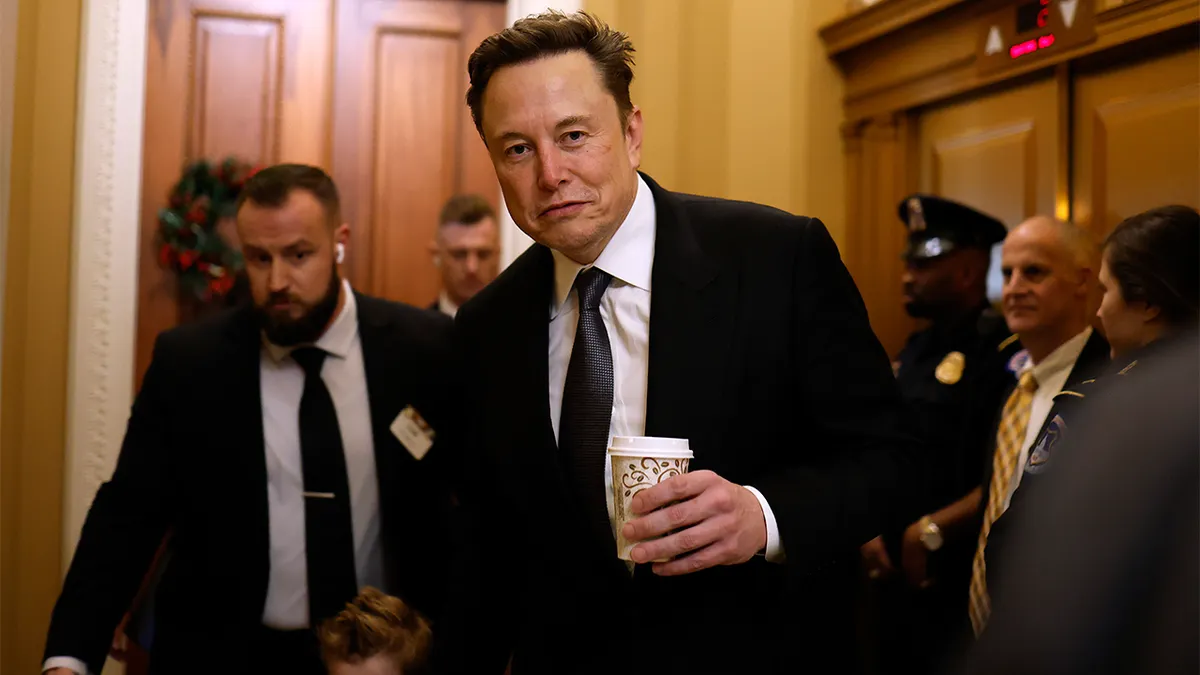Federal contracting, the second largest spending category for the U.S. government, has seen a significant increase, exceeding $1.1 trillion in recent years, a 19% rise compared to five years prior. This surge in expenditure has prompted calls for greater scrutiny and potential cuts, with figures like Vivek Ramaswamy, co-leader of the Department of Government Efficiency (DOGE), advocating for reductions in overbilling.
Government contracting has a long history, dating back to the late 18th century. While laws have been implemented to streamline and encourage competition, concerns about overcharging persist. A notable example is Booz Allen Hamilton, a major government contractor, which agreed to a substantial settlement in 2023 for improperly billing costs. Their CEO, Horacio Rozanski, acknowledges the need for change and emphasizes the importance of outcome-based contracting to improve efficiency.

Led by Elon Musk and Vivek Ramaswamy, DOGE aims to address inefficiencies and promote innovation. Rozanski highlights the need to move beyond risk aversion and embrace speed and effectiveness. He also points out the unfairness of generalizing all federal agencies as bureaucratic and slow, emphasizing the potential for improvement in various areas.
The impact of DOGE on smaller businesses remains uncertain. Some, like Arkisys co-founder Dave Barnhart, believe they are already operating at peak efficiency and won't be significantly affected. Arkisys, which holds a contract with the Space Development Agency, focuses on innovative space servicing, a relatively new field with ample room for growth.

Conversely, other small business owners, such as Abbas Haider, co-founder of Aspetto, see DOGE as a potential catalyst for faster contracting processes. Haider, whose company provides high-tech body armor to various government agencies, expresses frustration with the lengthy funding process, which can stifle innovation. He believes DOGE's focus on innovation is crucial for competing with global rivals like China.
Ultimately, the success of DOGE hinges on its ability to streamline processes, foster innovation, and ensure fair competition, while also addressing concerns about overcharging and bureaucratic hurdles. The goal is to achieve a balance between cost-effectiveness and the development of cutting-edge technologies, essential for maintaining a competitive edge in the global landscape.
Comments(0)
Top Comments